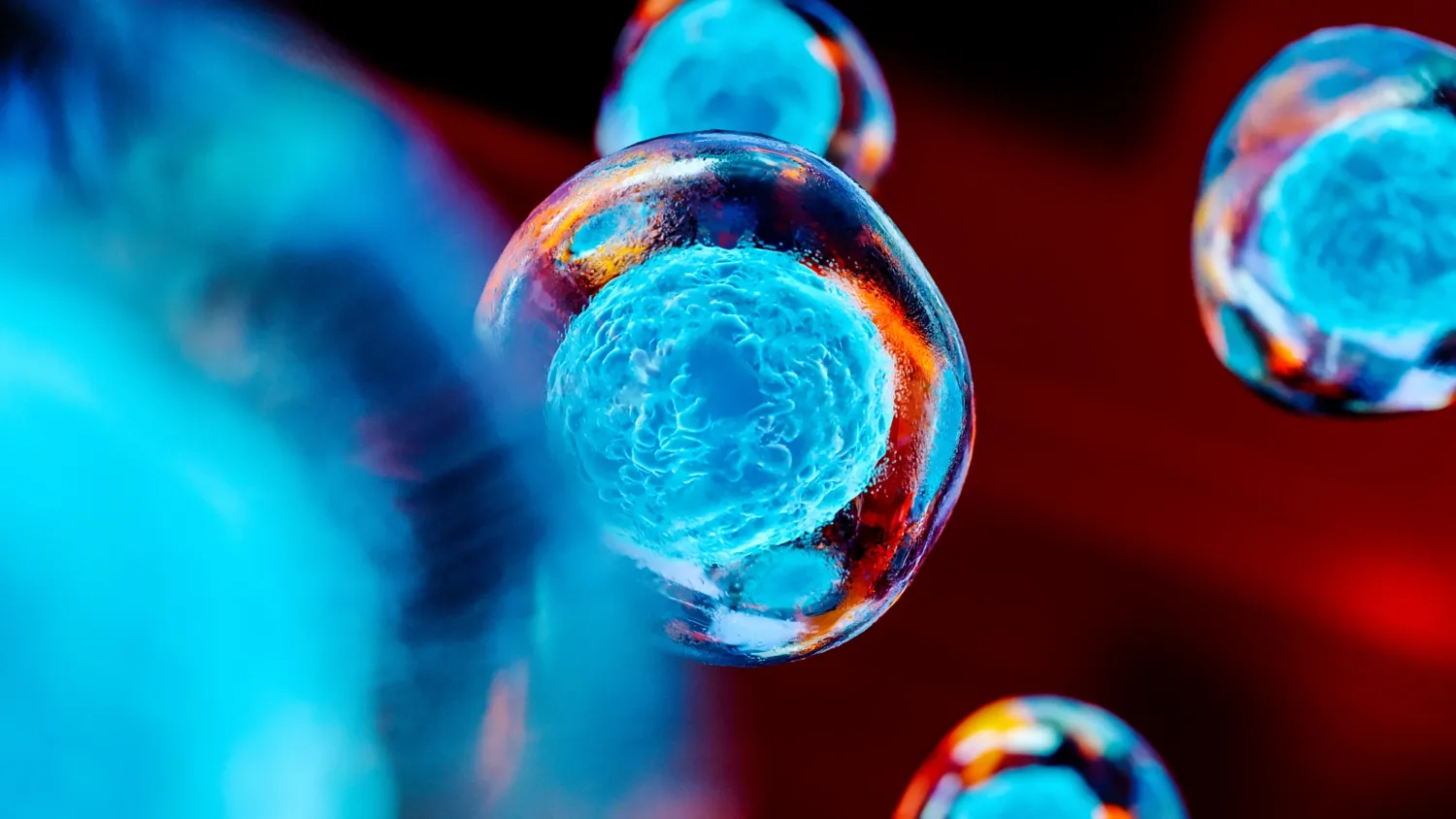New mechanism for how cells handle stress discovered

In a study published in Nature, researchers at Karolinska Institutet and SciLifeLab, among others, have identified a new mechanism for how cells deal with stress. This could have implications for treating certain hereditary, neurodegenerative diseases, but may also be relevant for future cancer treatment.
When cells are exposed to stress, such as lack of nutrients or oxygen, a process called the integrated stress response (ISR) is activated. This process helps cells adapt and survive, for example by affecting the production of different proteins.
Researchers have now discovered an alternative stress response, called s-ISR (split ISR), which results in changes in the expression of certain genes that are important for the cell’s energy balance. One of these genes, PCK2, affects the conversion of oxaloacetate to phosphoenolpyruvate, a substance important in the body’s metabolism of sugars and the production of amino acids such as serine and glycine. These amino acids are the building blocks of proteins that are essential for many functions in the body.
“Our discovery challenges the previous understanding of how cells handle stress and opens up new possibilities for understanding and treating diseases where the cells’ stress response is affected,” says Ola Larsson, researcher at the Department of Oncology-Pathology, Karolinska Institutet and the Science for Life Laboratory (SciLifeLab).
May affect cancer cells
One such group of diseases is leukodystrophies – inherited disorders in which the white matter of the brain, the myelin, breaks down. One of these diseases is called VWMD (vanishing white matter disease) and is caused by mutations in a protein involved in the cells’ stress response. Researchers have shown that cells with these mutations activate s-ISR, which can affect their survival under stress.
“Another disease characterised by high stress levels is cancer, and s-ISR may therefore be important for the survival of cancer cells,” says Ola Larsson.
The study was conducted in close collaboration with researchers at McGill University, Canada, and Case Western Reserve University, USA. See the scientific article for information on funding and potential conflicts of interest.
Publication
“Plasticity of the mammalian integrated stress response”, Chien-Wen Chen, David Papadopoli, Krzysztof J. Szkop, Bo-Jhih Guan, Mohammed Alzahrani, Jing Wu, Raul Jobava, Mais M. Asraf, Dawid Krokowski, Anastasios Vourekas, William C. Merrick, Anton A. Komar, Antonis E. Koromilas, Myriam Gorospe, Matthew J. Payea, Fangfang Wang, Benjamin L. L. Clayton, Paul J. Tesar, Ashleigh Schaffer, Alexander Miron, Ilya Bederman, Eckhard Jankowsky, Christine Vogel, Leoš Shivaya Valášek, Jonathan D. Dinman, Youwei Zhang, Boaz Tirosh, Ola Larsson, Ivan Topisirovic & Maria Hatzoglou, Nature, online 26 March 2025, doi: 10.1038/s41586-025-08794-6.
